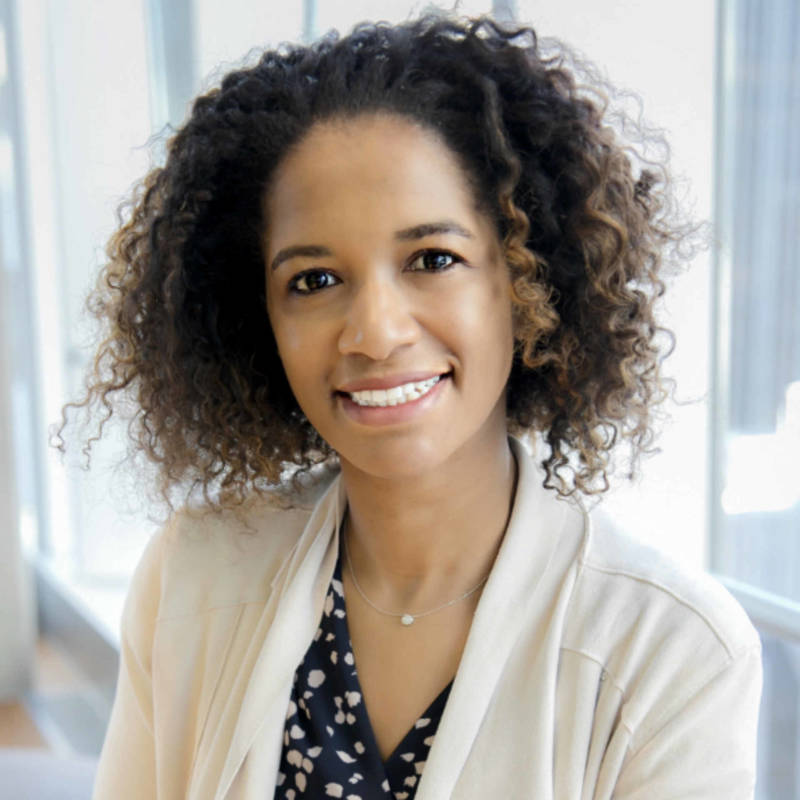Do you use the phrase “I don't see color?” Autumn McDonald explains why, unless you can’t see red, green or blue, she wants you to stop.
It's been like nails on a chalkboard every time I hear people speak of colorblindness. I abhor the term and alleged practice.
Even here in this sanctuary city, within a sanctuary state, people regularly say racist things to me. Like a mom at a daycare asking if I thought my daughter's hair would turn out as “beautiful loose curls” or instead would be “tight and yucky” — I can only imagine this was her reference to the standard texture of a Black person's hair. She then shared her fear that her own daughter would end up with a terrible, quote-unquote “Jew fro.”
My issues with experiences like these are many, but sit largely in how uncomfortable it makes some of my white friends to hear about them. When I try to share these parts of my life, their lack of desire to talk about race becomes clear, and shows me that they don't want me to bring my full self to the table. I can come with my love of hummus or references to Depeche Mode, but not with anything that differs from them — not with my Black self.
Recently, I met up with an old colleague. She recounted a night at a decadent hotel. It was so beautiful and over the top, she said, that it seemed like, “a slave girl should walk up.” I was reeling. She didn't skip a beat. Does she not see me as Black because of her view of me as an accomplished Stanford grad — wiped of my identity in her perceived elevation of my status? Is she sharing these inner thoughts, in mixed company, because she has forgotten I'm Black?
